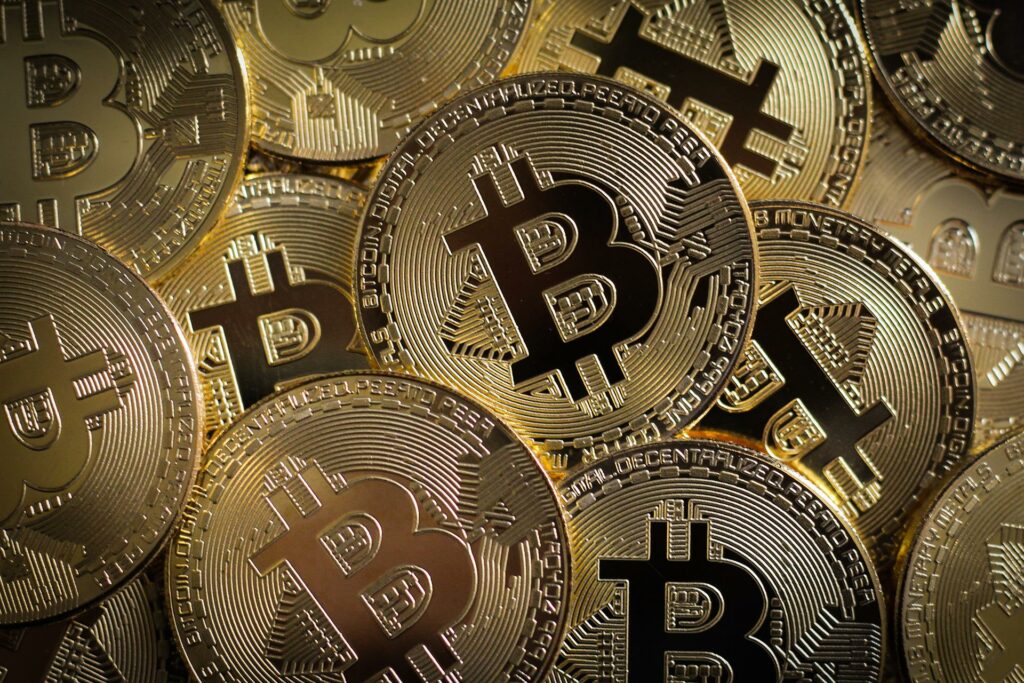🍃 Billions of people around the world depend on wild species, says UN
The overexploitation of wild species – land animals, fish, algae, fungi, plants or even trees – threatens the well-being of billions of human beings, reveals a UN report published this Friday (8), which proposes a more sustainable use of resources and highlights the knowledge of indigenous peoples.
ADVERTISING
Billions of people around the world, in both developed and developing countries, “depend on and benefit from the use of wild species for food, medicine, energy, income and many other purposes”, say UN biodiversity experts IPBES (Intergovernmental Science-Policy Platform on Biodiversity and Ecosystem Services).
The report is published a few days before another work dedicated to the “values and evaluation of nature”. These two documents will feed into the COP15 discussions on biodiversity, considered crucial, to be held in December in Montreal and which should establish a framework to protect nature and its resources at a global level until 2050. (With AFP)
☘️ The impact of cryptocurrencies on the environment
A study reveals that, when bitcoin drops below 25 thousand dollars, its mining also reduces, which causes a decrease in CO2 emissions. Cryptocurrency mining can generate around 65 million tons of CO2 per year, equivalent to all the emissions generated by Greece (Super interesting).
ADVERTISING
🌿 Jorge Caldeira at ABL
One day after election of writer Jorge Caldeira to chair number 16 of the Brazilian Academy of Letters (G1), Or Curto Verde highlights the importance of his work “Brazil: Restorable Country”. Written in partnership with Julia Marisa Sekula and Luana Schabib, the book's theme is the green economy and how Brazil, a country rich in natural potential, can assume a prominent position in an ecological future.
Curto Verde is a daily summary of what you need to know about the environment, sustainability and other topics linked to our survival and that of the planet.



